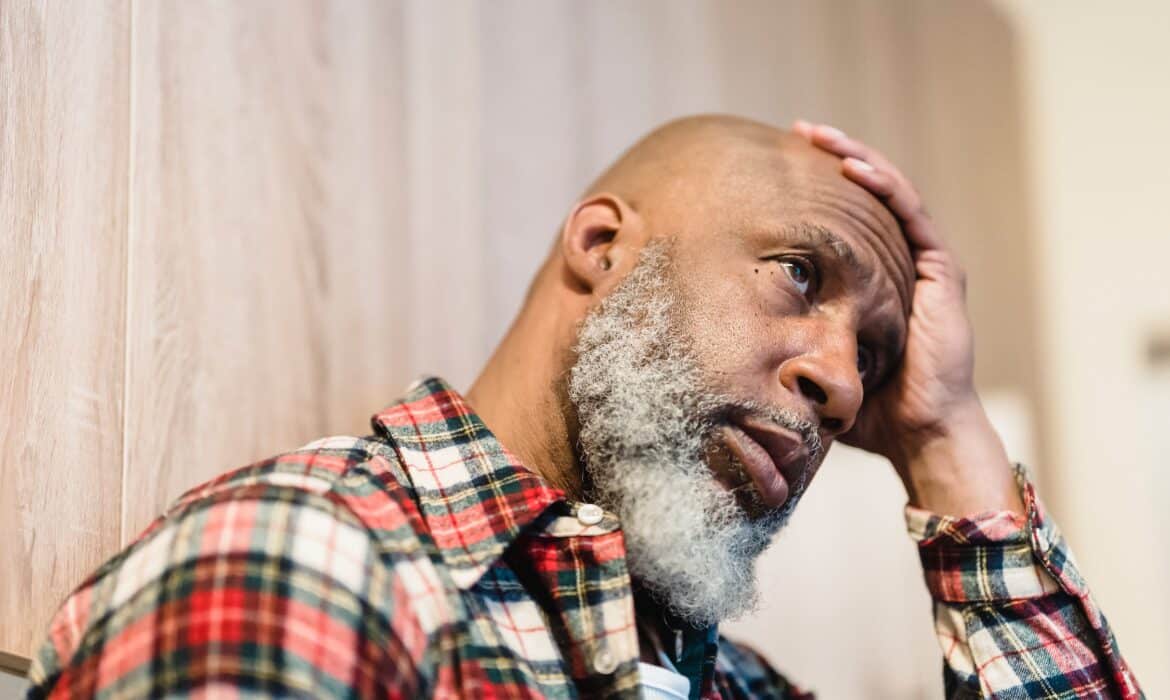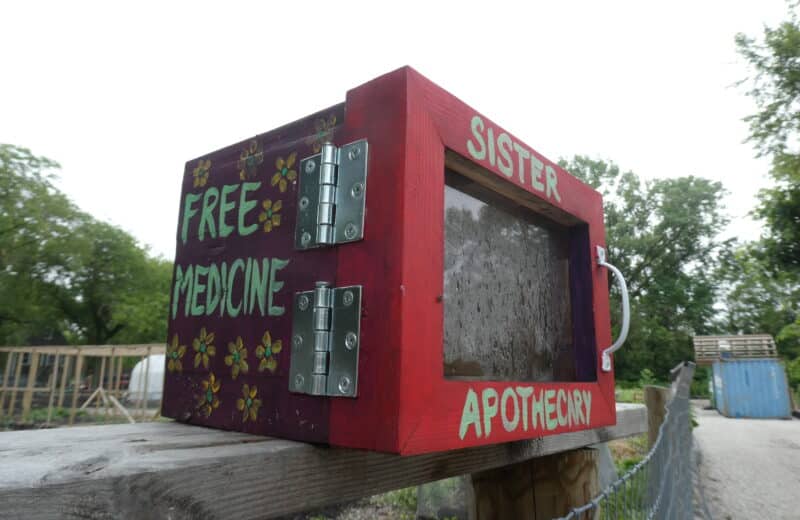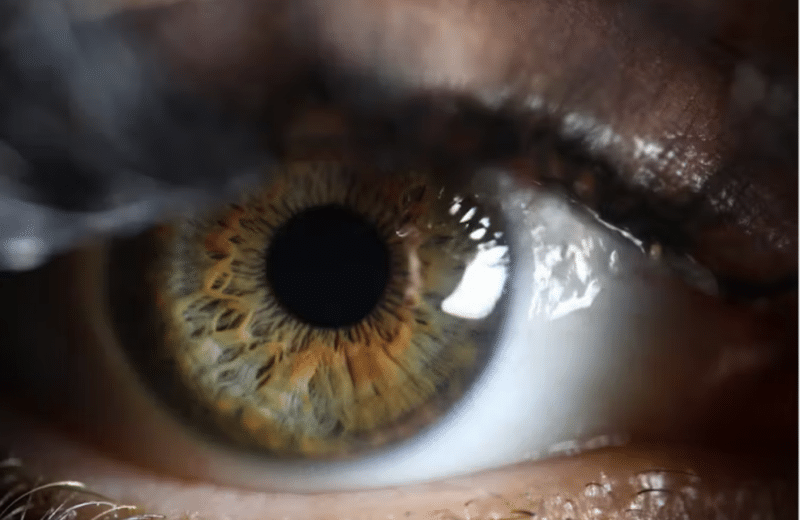When gambling goes from fun to dysfunctional, know the gambling disorder signs to watch for — and what to do about it.
Americans love to gamble. We bet in casinos and on sports, pour our money into slot machines, buy raffle and lottery tickets.… It’s an entertaining and often social activity. And now, with a new casino slated to open in Chicago — projected to bring in $200 million in annual tax revenue by year two — people who gamble will have even more options locally.
But how do you know if a person’s gambling has crossed from a fun activity to a problem?
“If a person is losing large sums of money, and they try to hide that — maybe they’re borrowing money or opening lines of credit — it can get to a point where there is such a financial loss that it’s hard to hide,” says Shane Cook, gambling disorder program director of Gateway Foundation. The organization offers rehabilitation services for substances and gambling throughout Illinois.
Other signs of gambling issues include:
- Stressed relations with family and friends.
- Chasing losses by gambling more to win back money they’ve lost.
- Lying about how often or how much they are gambling.
- Thinking about gambling all the time.
- Gambling with more money in order to keep it exciting.
“A person would be borrowing from family and friends when they haven’t necessarily done that in the past. They withdraw from family and friends and become emotionally unavailable to their loved ones,” Cook says.
T. Celeste Napier, PhD, a neuroscientist, professor of psychiatry, and director of the Center for Compulsive Behavior and Addiction at Rush University Medical Center, says that science confirms that problem gambling is not just a matter of willpower or a moral question. “It reflects an altered or diseased brain,” she says. “My rats will gamble, and I wouldn’t think anyone would consider them to be weak or immoral. The behavioral change is due to alterations happening in their brain.”
When someone with gambling use disorder sees things that they associate with gambling, such as a casino or slot machine, they experience “cue-induced reinstatement.” The cue can trigger a strong desire to gamble. Napier says this is not unlike when a coffee lover sees the logo of a favorite coffee and immediately starts craving for a cup, perhaps even buying one.
As with other addictions, the temptation proves destructive for many families and individuals. A 2021 report from the Illinois Department of Human Services estimates that 3.8% of Illinois’ population — more than 380,000 people — has a gambling problem, while another 7.7% is at risk for developing a problem.
Marilyn (whose name has been changed to protect her privacy), has a family member whose gambling addiction has impacted the entire family system, pitting those who don’t believe in financially supporting the addiction against those who do.
Marilyn says the relative ransacked her own parents’ home and bank accounts. “She took so much of their money [that] they had to cancel their supplemental Medicare,” she says, referring to the insurance plan that covers healthcare if Medicare declines. The relative has also called Marilyn’s husband, asking for money to pay legal fees she has incurred as a result of her gambling financial losses.
“It caused a rift between my husband and me. We ended up in counseling.” Marilyn says. “The counselor tried to explain about addiction, but [my husband] didn’t get it. [Today] we don’t have any communication with [the family member]. We don’t know what she’s doing now.”
Though Marilyn’s relative hasn’t sought treatment to Marilyn’s knowledge, for people who are ready, 45 facilities in Illinois treat gambling disorder.
People can also add themselves to the no-entry list for casinos in Illinois and Iowa, which Illinois runs. You have to appear in person with valid ID at an enrollment site. Find the list of enrollment sites in both states and information on self-exclusion from video gambling here: https://www.igb.illinois.gov/ProblemGamblers.aspx.
Casinos could make further efforts to curb gambling addiction, though many don’t. In a written statement, Ameet Patel, senior vice president and west regional general manager of Bally’s, says that the company supports responsible gaming and intends to partner with local governmental organizations that deal with problem gambling. He offered no specifics beyond that.
If you recognize that you have a problem, reach out to friends, family, your doctor, or one of the organizations mentioned below.
Gambling Addiction Resources
- Areyoureallywinning.org, supported by the Illinois Department of Human Services; 1-800-GAMBLER; text GAMB to 833234.
- Gamblers Anonymous: (888) 548-2790; gachicago.org.
- Some private treatment facilities, such as Gateway Foundation, offer low or no cost treatment to those who don’t have means to pay.













